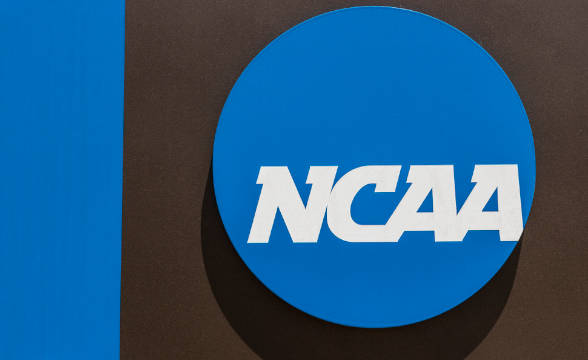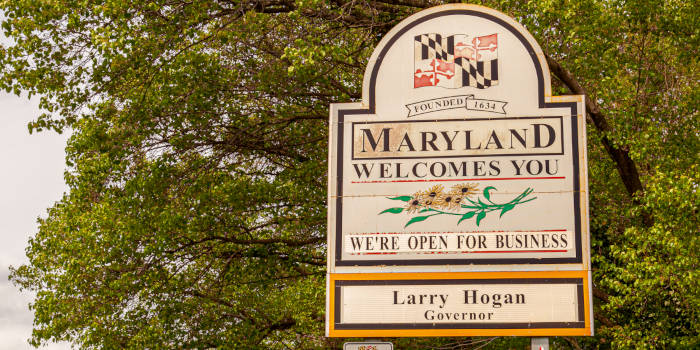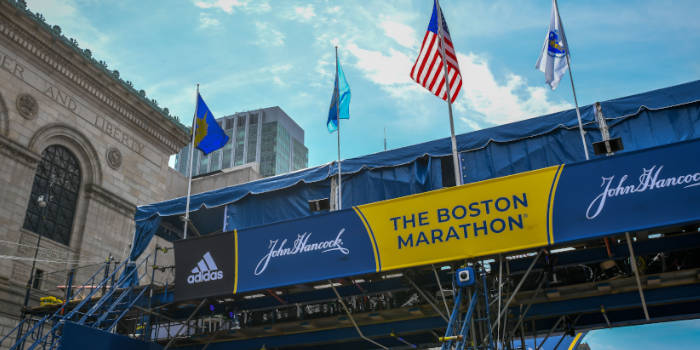AGA President Urges Massachusetts to Legalize Sports Sooner

The American Gaming Association has sent a letter to Massachusetts, urging the Bay State to find a way and consolidate two betting bills, one concerning college sports and the other mainstream sports, so that it can move forward and launch sports gambling officially. The Bay State is one of the biggest jurisdictions in the United States to still lack a proper sports gambling framework because of a legislative bottleneck.
Collegiate Sports Gambling Must Not Be Left Behind
The two bills must be reconciled for any meaningful step to move forward, but the bill that proposes sports gambling comes with a small hiccup – it does not want collegiate sports gambling to be allowed. This has led to a legislative quagmire in which lawmakers cannot muster support to go ahead with legislation.
Both the House and the Senate are willing to see sports gambling, but the House wants a more liberal approach that will enable betting on collegiate sports. AGA president and CEO Bill Miller has urged the Massachusetts General Court to put these differences apart and avoid a scenario in which sports gambling is banned, for example. In his letter, Miller explained in detail what he believed to be the right course of action:
“Prohibiting wagers on collegiate sports would not only hinder the growth and development of a legal sports betting industry in Massachusetts, it also puts consumers at risk by encouraging their continued reliance on the illegal market, and fails to protect the integrity of games and wagers.”
AGA president and CEO Bill Miller
Should a solution not be found, this means that residents in Massachusetts will continue sticking to unregulated gambling options instead, which is precisely what everyone is trying to avoid.
Data Backs Case for Regulating College Betting
Miller provided some factual evidence, arguing that 20% of all legal gambling in the United States is currently carried out in collegiate sports. This gives an estimated share of $11.5 billion worth of total betting market value for collegiate gambling.
Not enabling collegiate sports betting would pave the way for more unregulated activities which is precisely what any regulatory move is trying to avoid in the first place. Instead, Miller says that the only way to fully regulate sports betting is to bring it into a framework that is overseen by law. Unlawful tampering with athletes, games, and staff will continue to happen underhand otherwise, and without proper oversight of this market, some of these offenses may go undetected, Miller says.
Although Fiona doesn't have a long-spanning background within the gambling industry, she is an incredibly skilled journalist who has built a strong interest in the constantly growing iGaming network. The team at GamblingNews.com is glad to have her on our roster to help deliver the best stories as soon as they hit. Aside from writing, she loves to dabble in online casino games such as slots and roulette, both for her own enjoyment and also as research to better improve her understanding of the industry.















